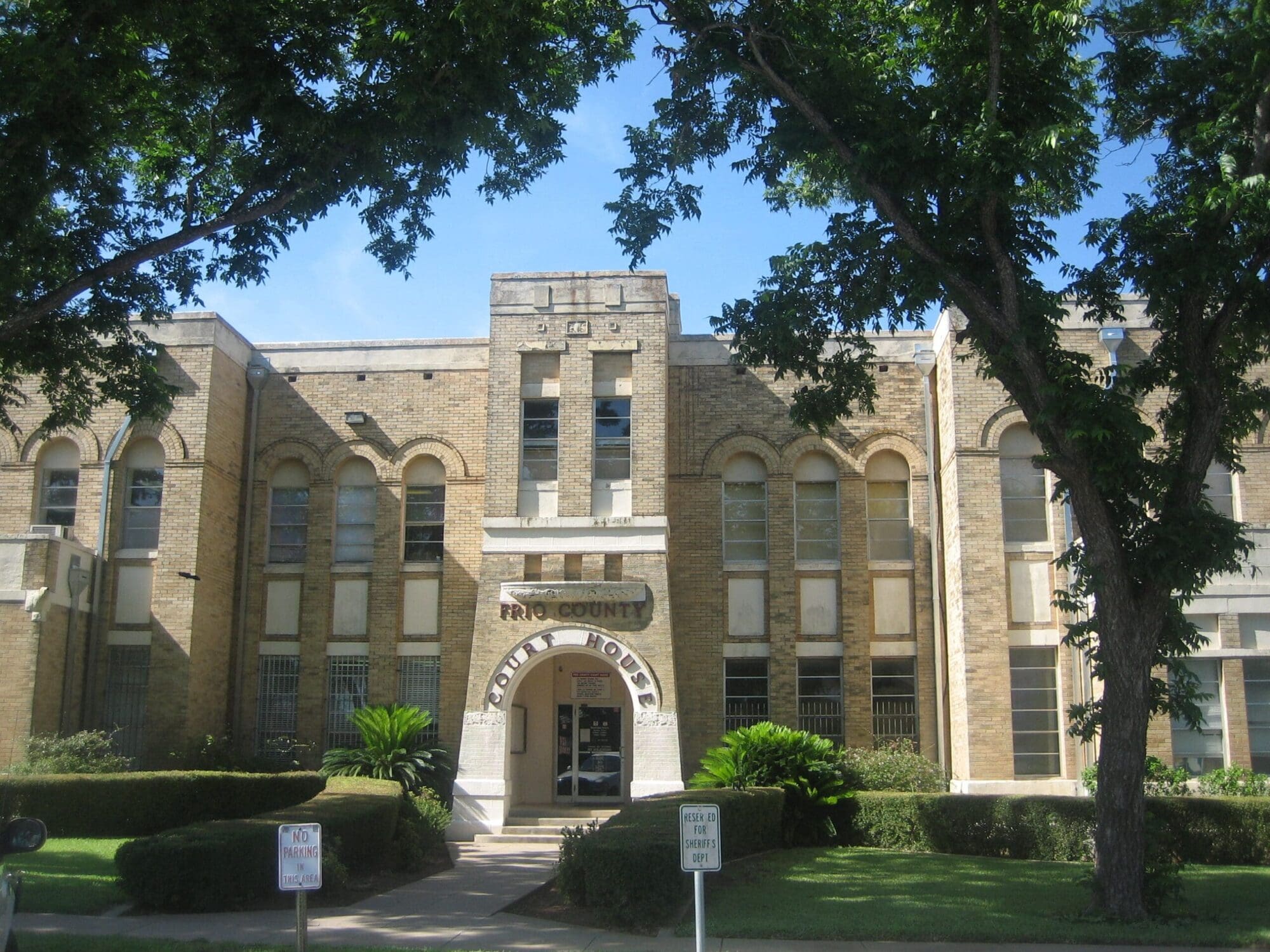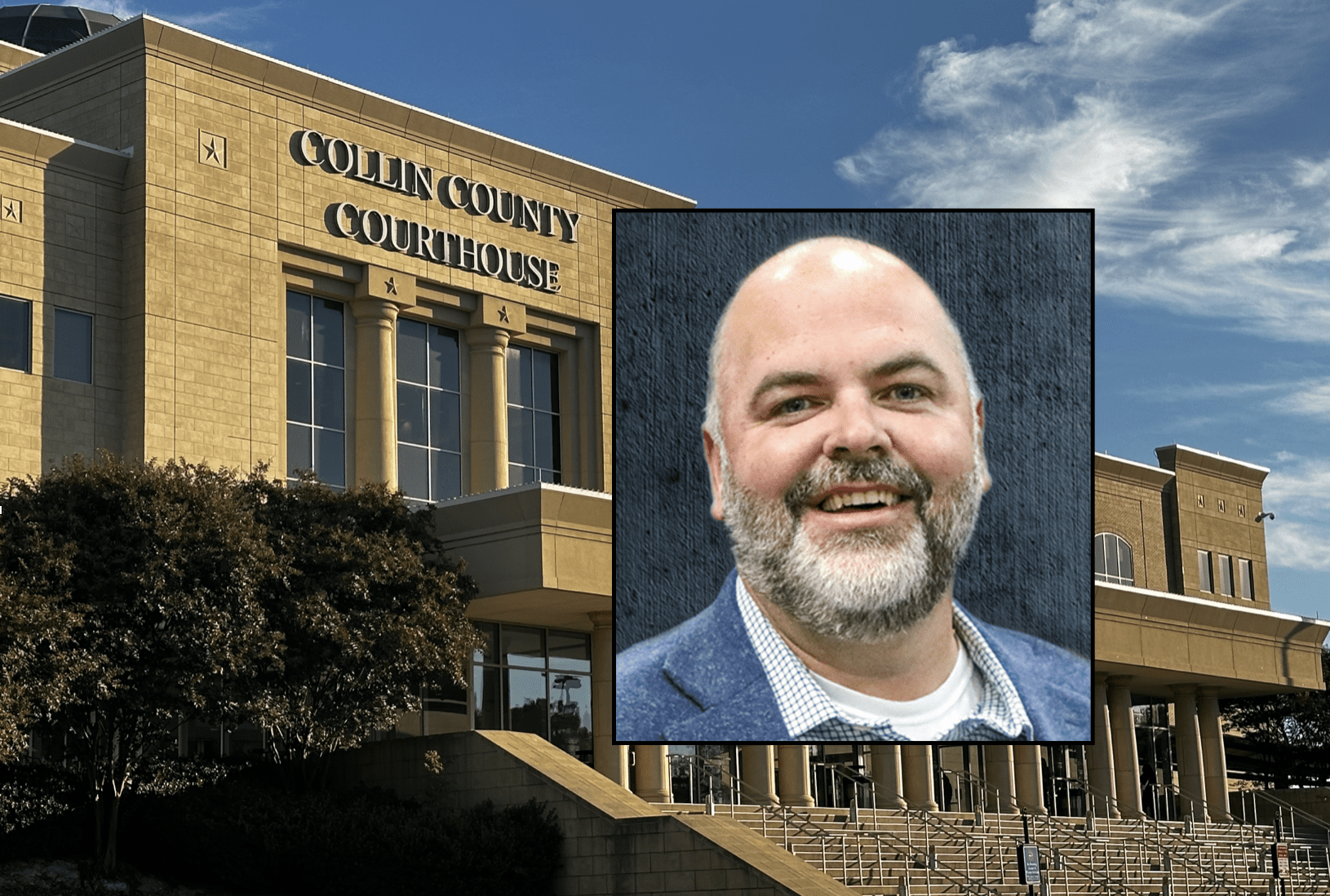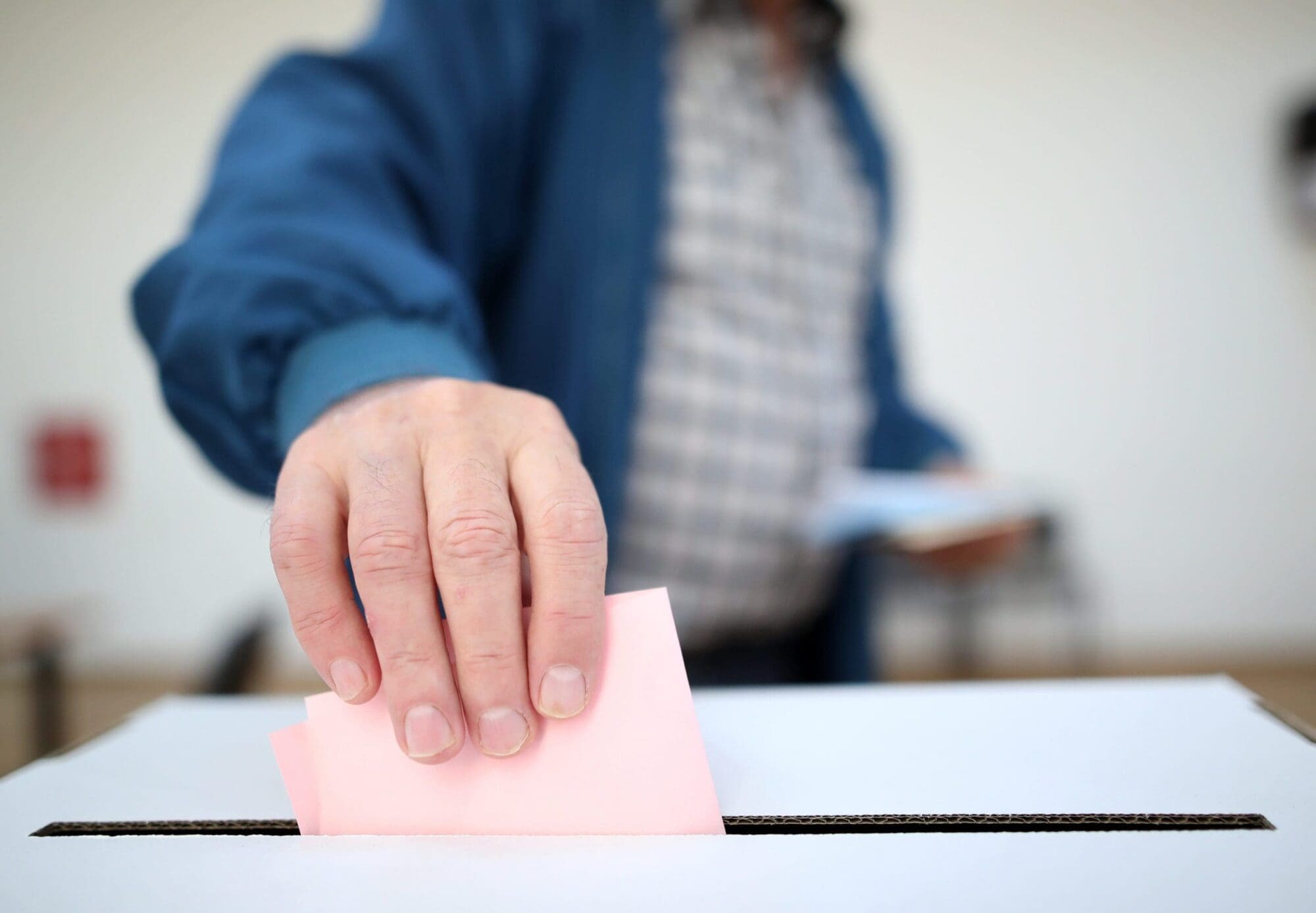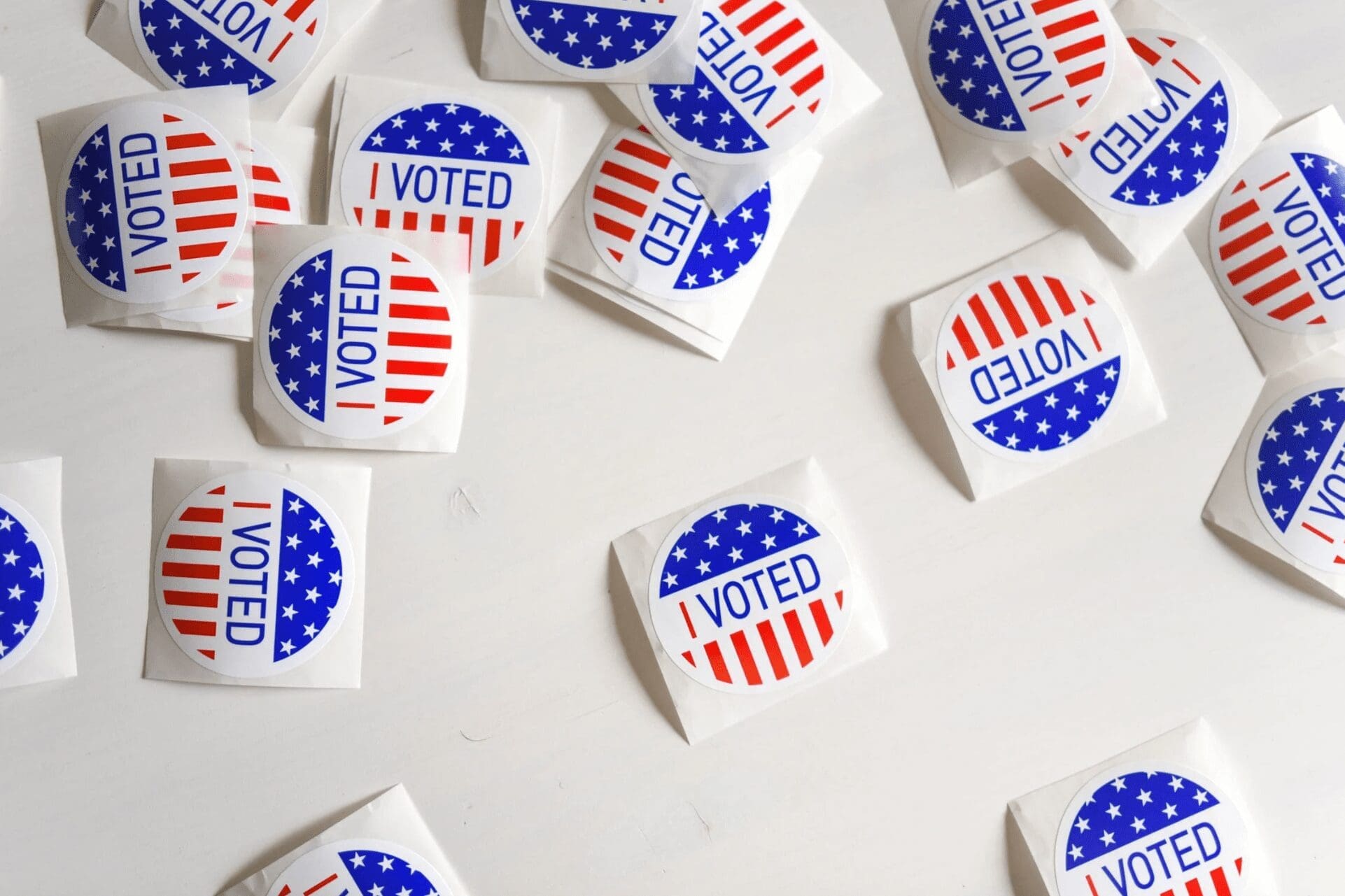While many Texans remain frustrated by unanswered questions about the 2020 election, Texas Republicans are looking ahead and making plans to avoid future problems.
GOP leaders’ action plan revolves around establishing county election integrity groups—teams of citizen volunteers who will organize and train local voters to effectively monitor and participate in all phases of the election process.
Ensuring honest and accurate elections is “a partnership” between citizens and election officials, Texas GOP Election Integrity Chair Deon Starnes told a roomful of Denton County Republicans on Monday night.
The focus is local because while Texas elections are governed by state law, they’re administered at the county level and run by local citizens.
But the strategy for 2022 involves a coordinated effort between county GOP officials, the Republican Party of Texas, and the Republican National Committee.
“We’re all working together as a team,” Melissa Conway, the RNC’s state election integrity director for Texas, said at Monday’s meeting.
Grassroots groups have organized local election security teams for years, but with little or no support from the GOP.
The RNC was limited by a 1982 consent decree that effectively suppressed the party’s ballot security activity (including “efforts to prevent or remedy vote fraud”) for 36 years.
In January 2018, after decades of Democrat lawsuits, a judge finally let the decree expire, freeing the RNC to assist state and local parties’ election integrity activities.
“At the national level, election integrity is Priority 1, 2, and 3,” Conway said.
Conway said training is key, especially with all of the new election laws taking effect ahead of the 2022 election cycle.
“People at every phase of the election process need to be well trained,” she said.
Those people include election judges and clerks who work at the polls during early voting and on Election Day; early voting ballot board members tasked with verifying mail ballots; as well as volunteer poll watchers who observe election processes at the polls, ballot boards, and counting stations.
Local election officials are responsible for training election workers on voting laws, processes, and equipment, but the training isn’t always enough to prepare workers for their responsibilities.
County election offices are also ill-equipped to respond to reports of election code violations during the voting process.
Denton County Elections Administrator Frank Phillips said he distributes a list of election offenses to local law enforcement so they’re prepared if they receive calls reporting problems at the polls.
Starnes said the party can also make resources like election law experts and attorneys available across the state to provide faster responses to local questions and complaints during elections.
“The only way we can deter issues is to have eyes, ears, and boots on the ground at every phase of the election process,” Conway added.
Texas election lawyer Trey Trainor, who currently serves on the Federal Election Commission, agreed, saying Republicans need at least one well-trained election worker and poll watcher in each polling place.
He noted political parties and candidates can appoint two poll watchers for each polling place where they are on the ballot, as well as to observe early voting ballot boards and central counting stations.
Recruiting enough election workers and watchers to cover the entire state is a big challenge.
The Texas Federation of Republican Women is already encouraging its thousands of members to sign up to work as election judges or clerks in their county, or volunteer to serve as poll watchers on behalf of the party or a candidate.
“The best way to ensure election integrity is to have honest election workers/volunteers at every polling location in Texas!” TFRW wrote in their December newsletter.
But it’s up to citizens to take the first step, get involved, and actively participate in the process.
“You are the solution,” Conway said. “This is your county, your elections.”
Learn more about participating in the election process here.





